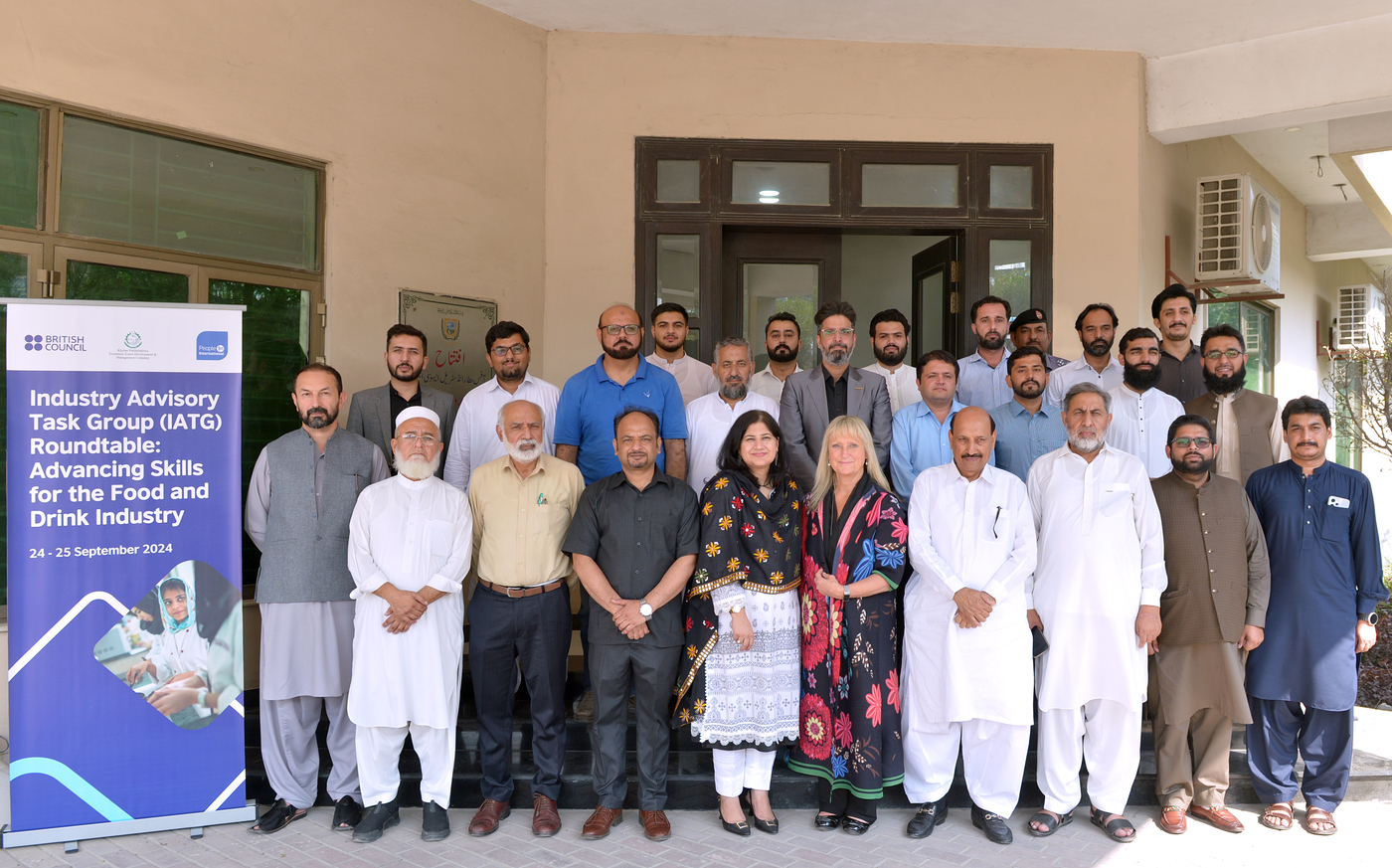
Strengthening sectoral skills organisations – Georgia
Background
In the GIZ project “Promotion of the Involvement of Private Sector Organisations in Vocational Education and Training in South Caucasus”, sequa is supporting the country component Georgia of the regional programme in enabling 6 business management organisations to participate as professional stakeholders in the Georgian vocational training system and to establish themselves as relevant representatives of the private sector in vocational training processes.
Our client
Sequa
Aims of the project
Working with project partners, Georgian Chamber of Commerce and Industry and the Skills Agency, we are supporting sector skills organisations, including:
- Georgian Wine Association (GWA),
- Georgian Tourism Association (GTA),
- Infrastructure Construction Companies’ Association (ICCA),
- Information Technology Association of Georgia (Itag),
- Georgian Logistics Association (GLA)
- and further interested BMOs from strategically important economic sectors
Our remit is:
1. Support of Sectoral Associations and GCCI in
- Definition of structure and functions of newly established VET units; Developing VET services; Establishment and strengthening of Sectoral Skills Organisations (SSOs).
- Positioning/advocacy and finding their roles in the new VET environment, in the interest of the member companies and economic sectors in general. The current legal and organisational situation in Georgia (including WBL decree, rules and conditions for obtaining the status of a training enterprise, founding of Sectoral Skills Organisations [SSOs]) must be explicitly considered.
- Moderation of the network meetings between GCCI and Sectoral Associations in Georgia and virtually.
2. A special focus on the long-term support of GCCI in its new role in the establishment of Skills Agency, e.g. in the performance of the following tasks:
- Developing sub-regulations as well as methodological guidelines in the context of the new WBL environment. The expert should advise and enable GCCI, to draft the regulations;
- Establishment of SSOs, including the consultations on creation of action plan and support in implementation, as well as coordination of the newly established SSO network;
- Creating sustainable organisational and financing models for the involvement of the organised private sector, in particular of SSOs in VET.



